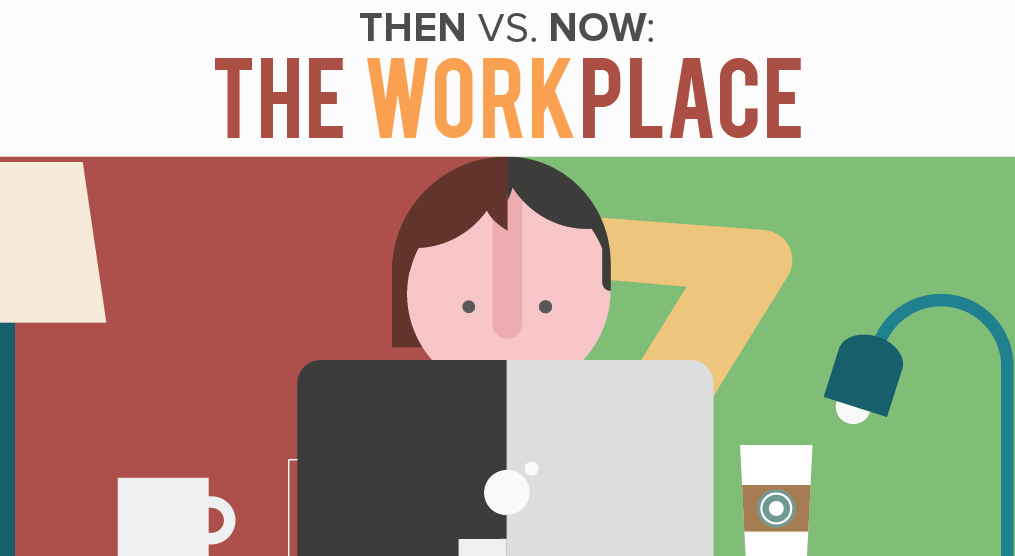Expectation vs Reality: 7 Things About the Working World You May Have Gotten Wrong as a Student
Are you ready to start your first job? Here are 7 expectations about the workplace you need to watch out for.
Published 08 Jan 2021
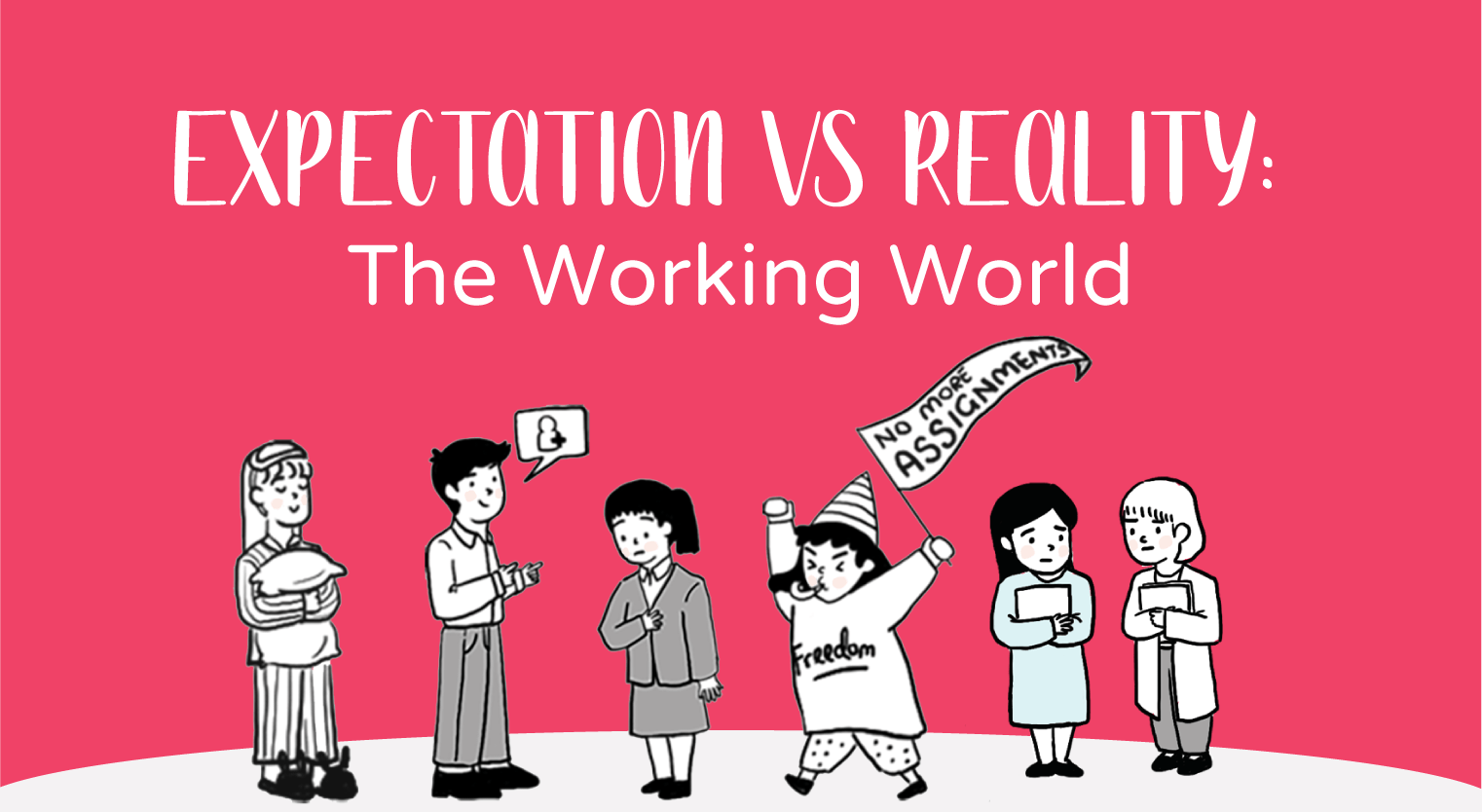
Going from a broke college student to a working young adult can sound like an exciting transition. You’re finally taking that big step into adulthood so you probably have a lot of great expectations about this new phase in your life, right?
Well, let’s see if these expectations actually hold up. Here are some ways how the reality of your working world may clash with what you expected when you were in college.
#1. You thought you will have more free time
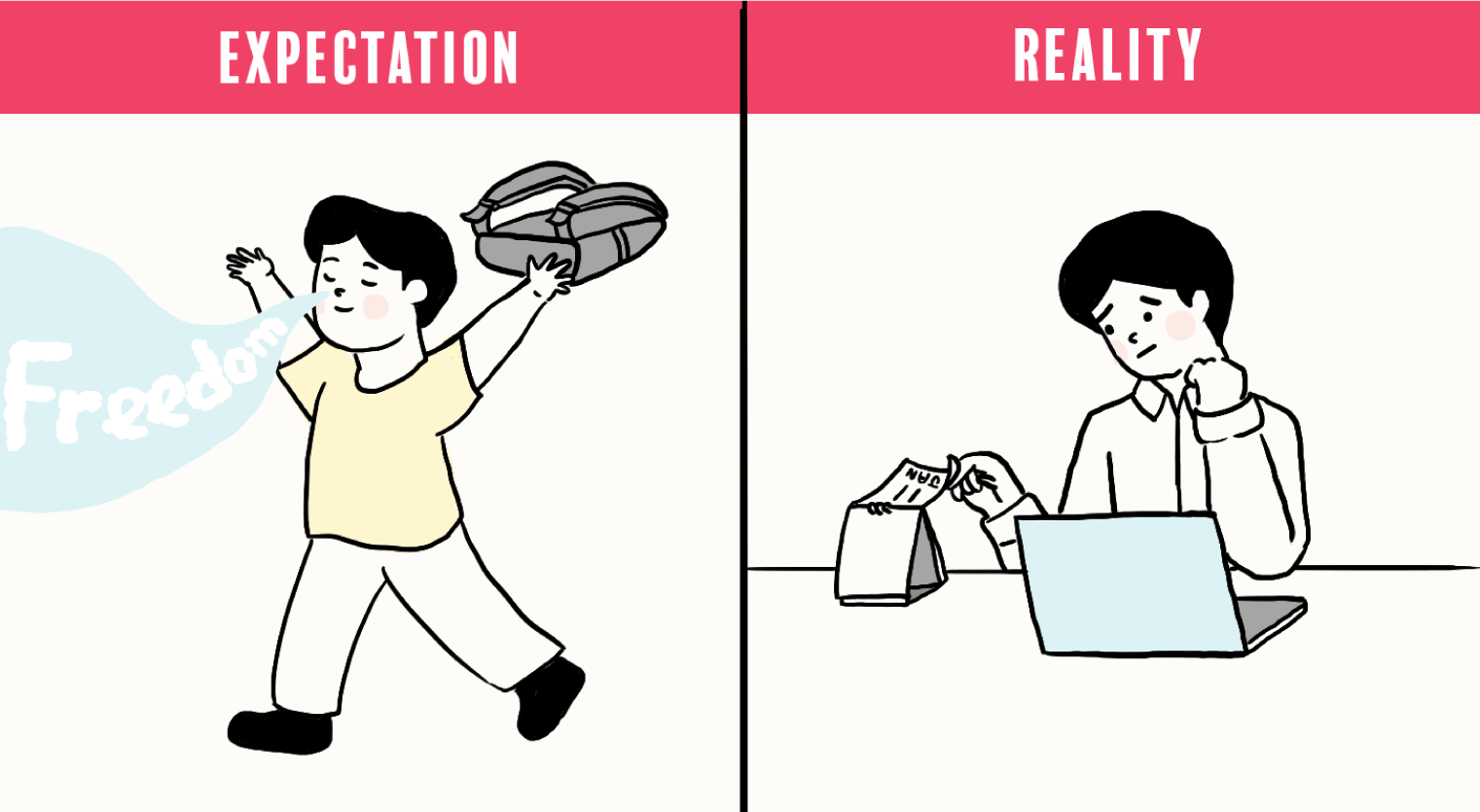
Expectation: Yes, no more assignments and extra classes. I can finally rest.
Reality: I miss semester breaks.
Do you feel you’re drowning with never-ending exams, assignments, group projects and social commitments at university?
If you think that is being busy, you’re going to be in for a shock when you enter the working world. Say goodbye to weeks of semester breaks where you get plenty of time to goof off and sleep in. As a newly-minted working adult, you’ll soon find that free time precious as every weekday is a working day unless it’s a public holiday or if you’ve made the painful decision to take a precious day of annual leave, which is often saved for festive periods.
What’s more, your 9 to 6 work schedule is fixed by the company, unlike in university where you are free to arrange your schedule to allow ample time between classes.
#2. You thought there will be no more assignments
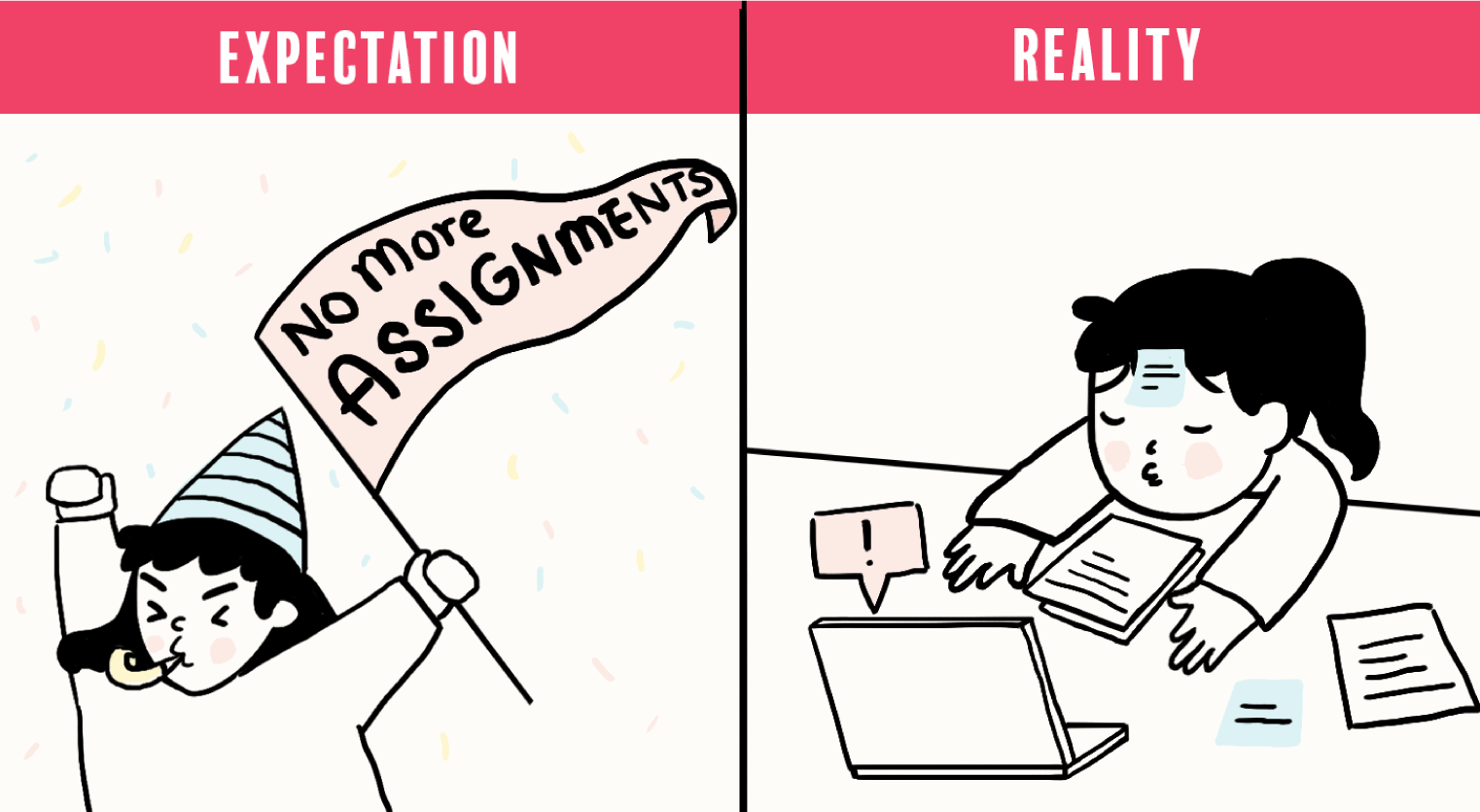
Expectation: Finally! Now that I’m done with college, I can say goodbye to assignments!
Reality: Okay, I need to do up the slides for this presentation and also submit a report by the end of the week. Oh, there’s also that meeting I need to prepare for...
While you may not be writing a 10-page research paper, work can feel awfully similar to your assignments when you were still a university student. There are goals to achieve, work to complete, colleagues to argue collaborate with and deadlines to meet, not unlike your group projects and assignments back at university.
Couple that with the fact that you could be juggling multiple projects, clients and work deliverables at the same time and you’ll be wishing for your university years back.

#3. You thought you won’t have to stay up late anymore
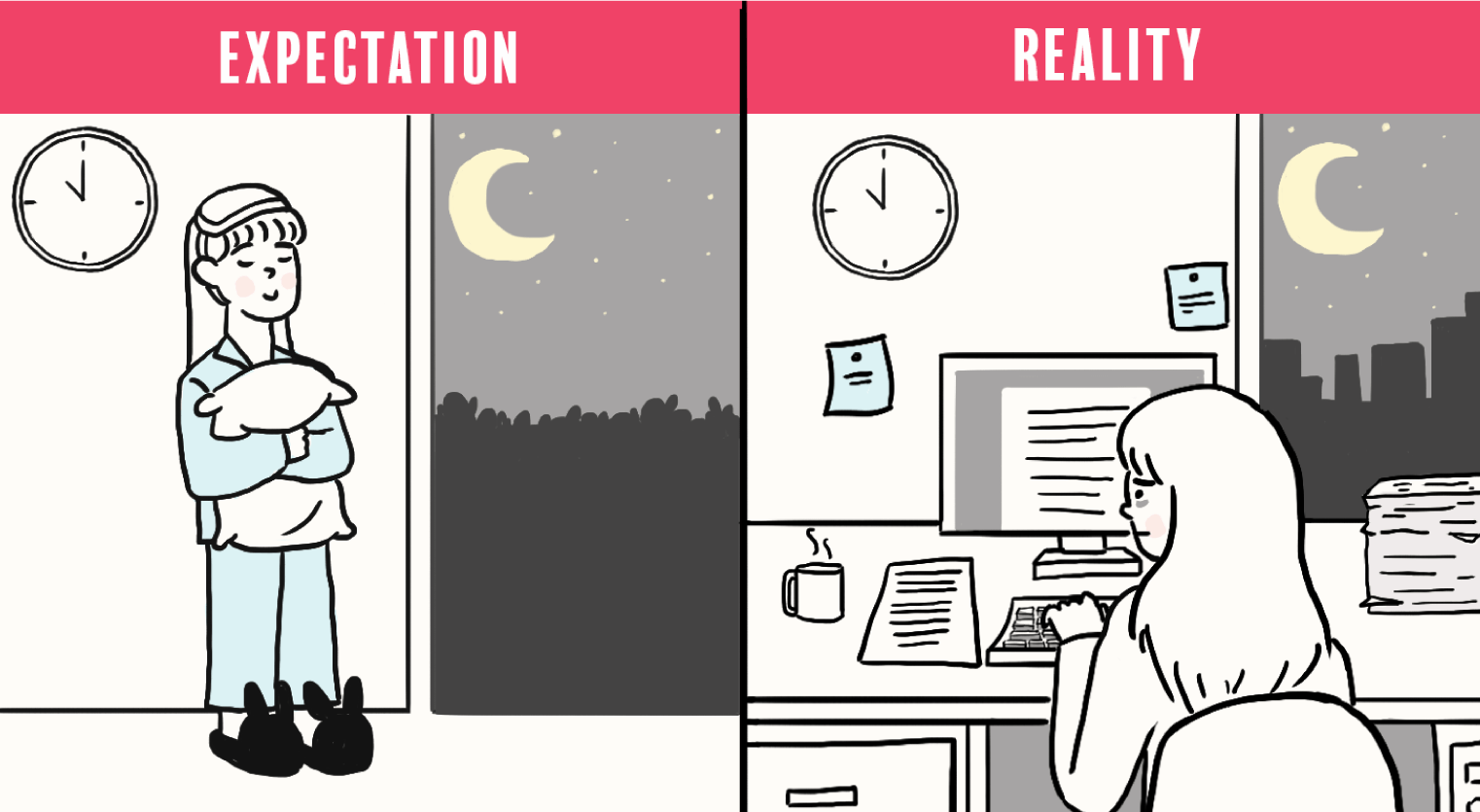
Expectation: At least I don’t have to pull off all-nighter anymore.
Reality: Boss says we need to have this done before tomorrow’s meeting with the client so can you get me coffee.
Well, yes… and no. It really depends on the kind of work that you do.
Communication tools such as email and instant messaging (e.g. WhatsApp, Slack) has made it easy for teams to collaborate. Unfortunately, that also means your boss can get hold of you at any time of the day, even late at night for something urgent.
If you work directly with foreign clients, you’ll have to be ready to work at odd hours to adapt to the client’s time zone. You might even have to conduct meetings in the middle of the night, only going home long after others have.
In addition, critical fields like healthcare and security often practise shift rotation. If you work in these fields, you might have to pick up the occasional graveyard shift. Doctors and firefighters are also often expected to be on standby in case of emergencies.
#4. You thought your fashionista days are over
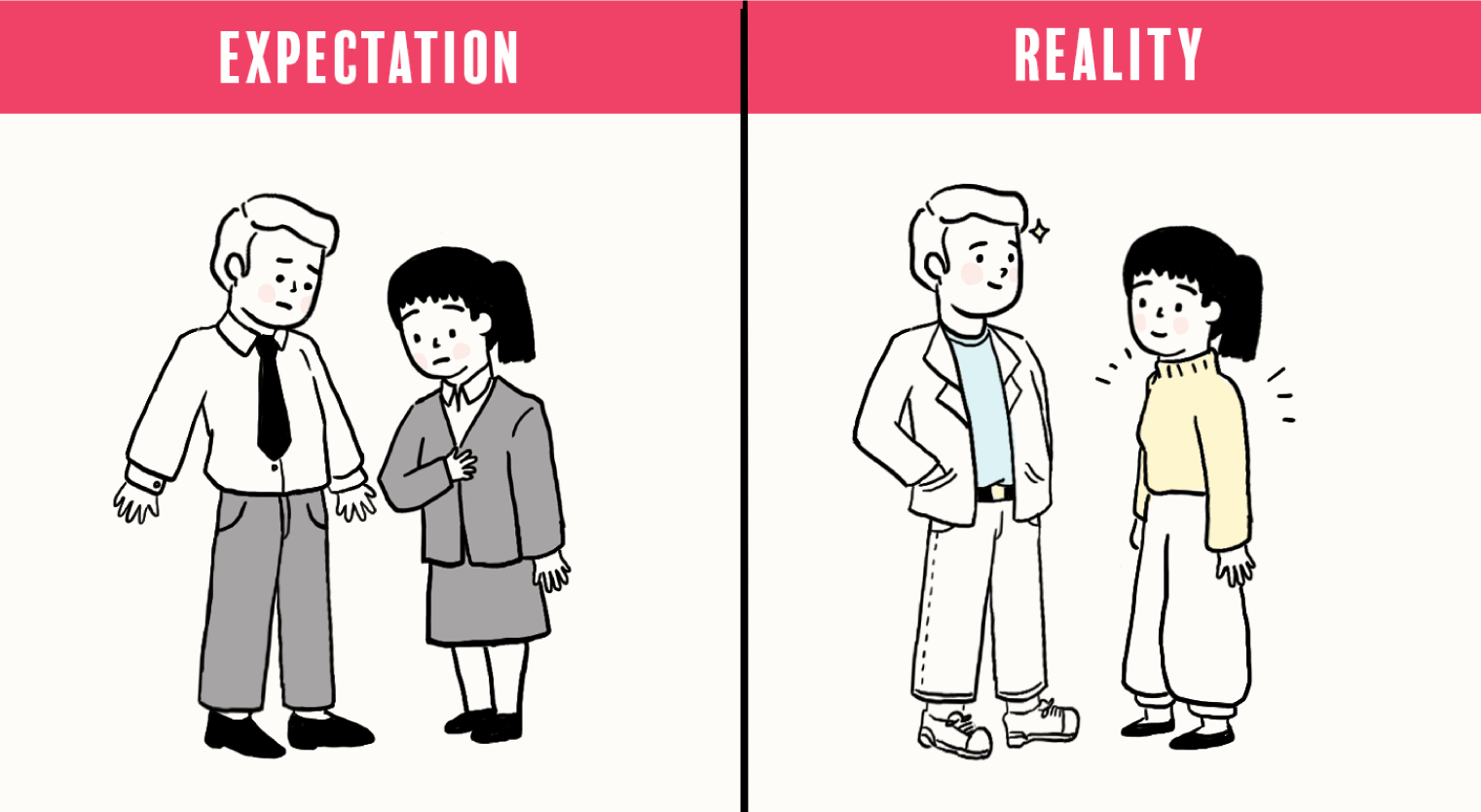
Expectation: I guess I should stock up on boring pants and suits.
Reality: We’re a pretty chill company so, as long as you’re not naked, you’re fine. Oh and no Crocs.
You may expect worklife to be less exciting than college when it comes to attire.
The truth is, while work is still more strict in terms of what you can wear to the office, the workplace is not as stuffy as you would think. Traditional corporate offices may have you in grey suits all the time but workplaces are becoming a lot more lenient in terms of dress code.
While some workplaces like the legal courts and government offices might still practice a strict dress code, you can get away with a cardigan and casual loafers at many small and medium-sized offices. Once again, it depends on where you’re working. But if you like a loose dress code, start-ups are great workplaces for you.
Apply for university with EduAdvisor
Secure scholarships and more when you apply to any of our 100+ partner universities.
Start now#5. You thought you will be friends with everyone
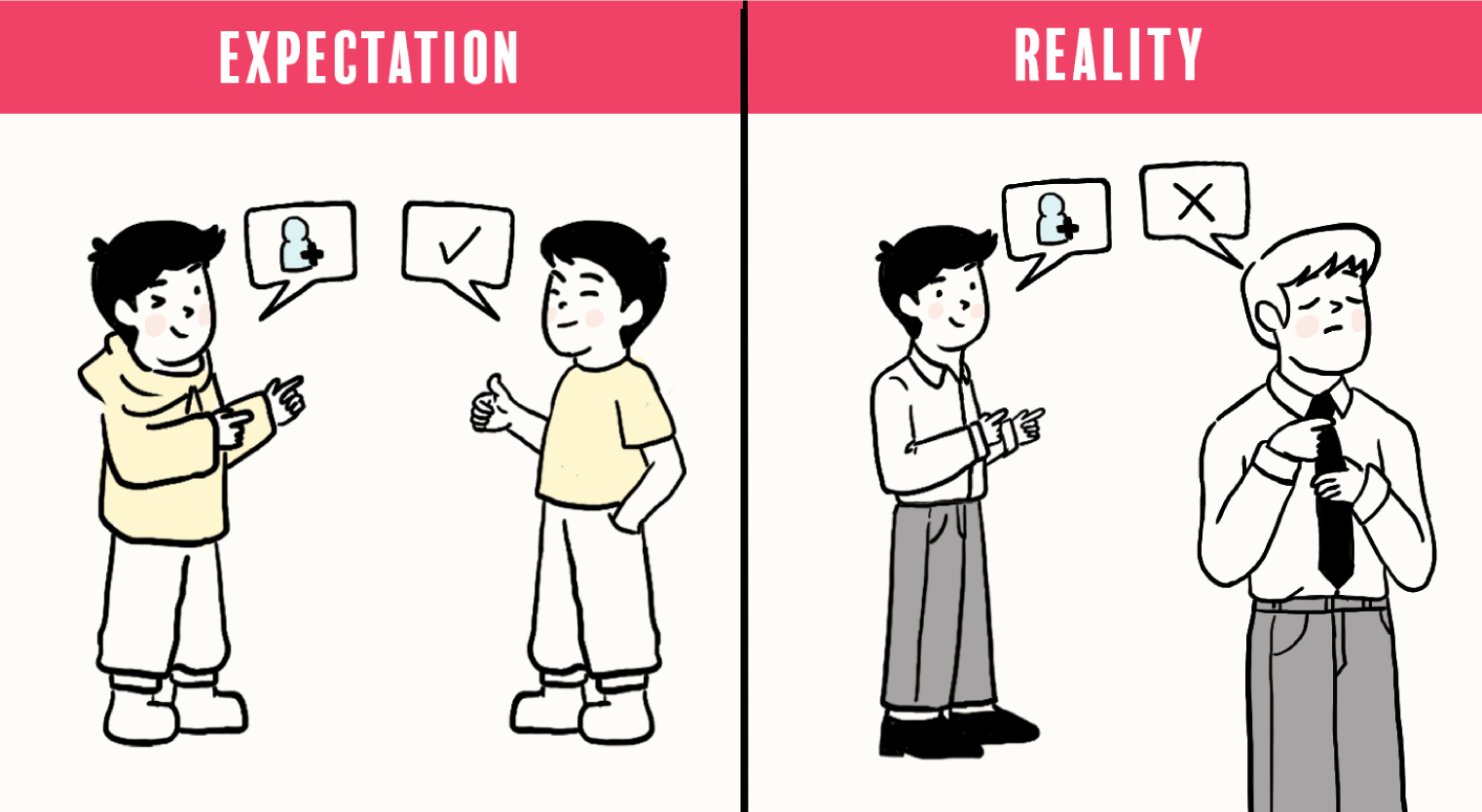
Expectation: I can’t wait to befriend each and every one of you.
Reality: I appreciate you as my colleague but I can never befriend a Chelsea fan.
Even in university, you’re not really friends with everyone so why should you expect it to be different for work?
Whether you have different interests, dissimilar backgrounds or they're just not interested in mixing their personal and professional life, you’ll have to accept that you won’t be friendly with everyone.
However, that doesn’t mean you have to be aggressive towards them. At the end of the day, knowing how to communicate in a professional setting is important. Accept that they are your colleagues first and foremost and respect them for that. Be civil and courteous. You can always hang out with your uni friends after work.
#6. You thought there will be no more group work
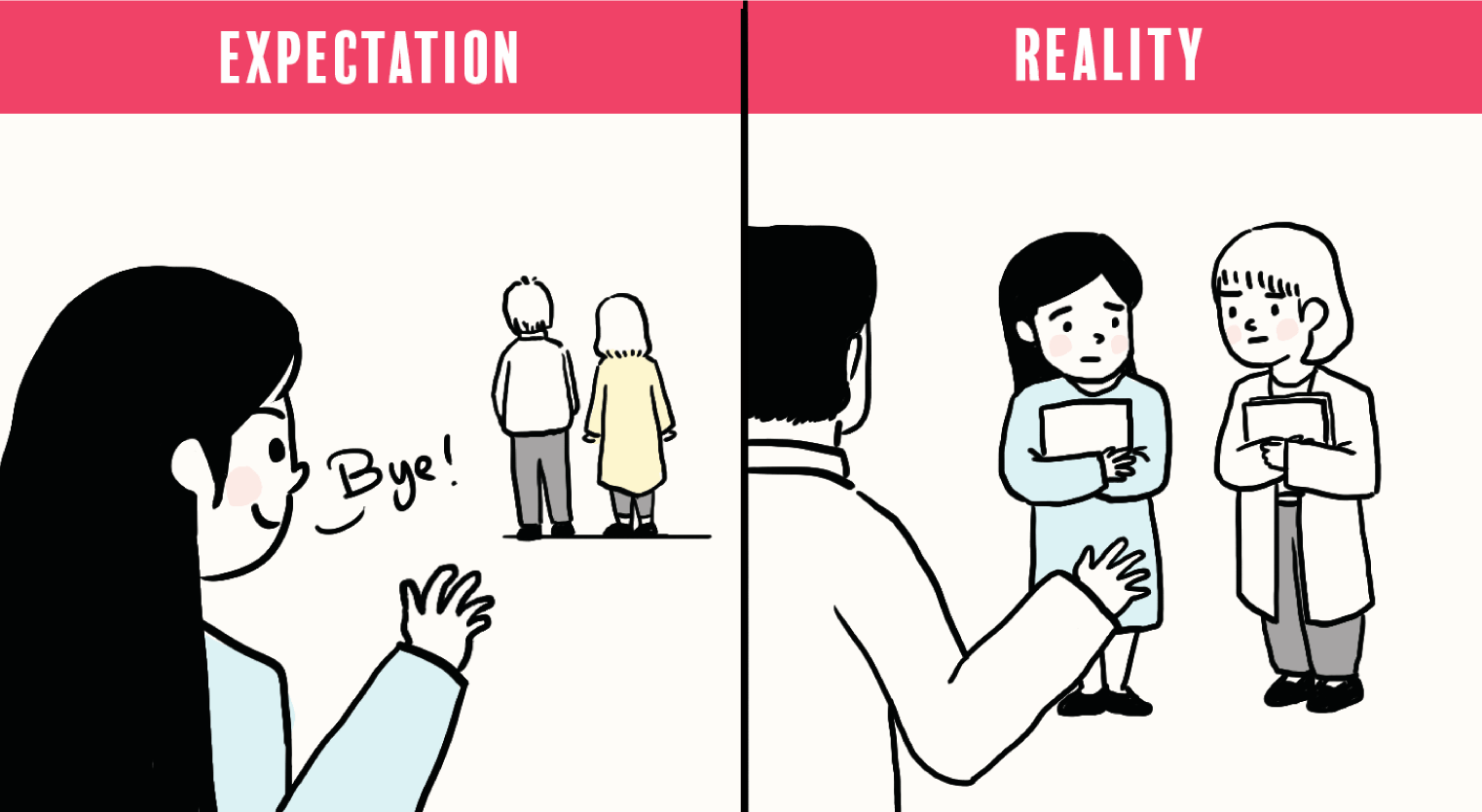
Expectation: At least I don’t have to deal with no-show groupmates again.
Reality: Okay everyone, this will be your team throughout the duration of this project. Play nice.
While the structure may be different, you can’t actually escape working with other people. Group work at the workplace may come in different forms but you will still have to work within the dynamic of a team. As such, you will most likely have to deal with difficult group members.
It’s not all bad news though. While there will be some difficult personalities, they probably won’t be as bad as the group members from your college years. After all, there’s always the possibility of being reprimanded and fired from the job.
If you really want to avoid group work, consider introverted jobs that promise minimal contact with other people. You won’t be able to avoid them completely, but these jobs will mostly require you to work on your own.

#7. You thought you already know everything you need for work
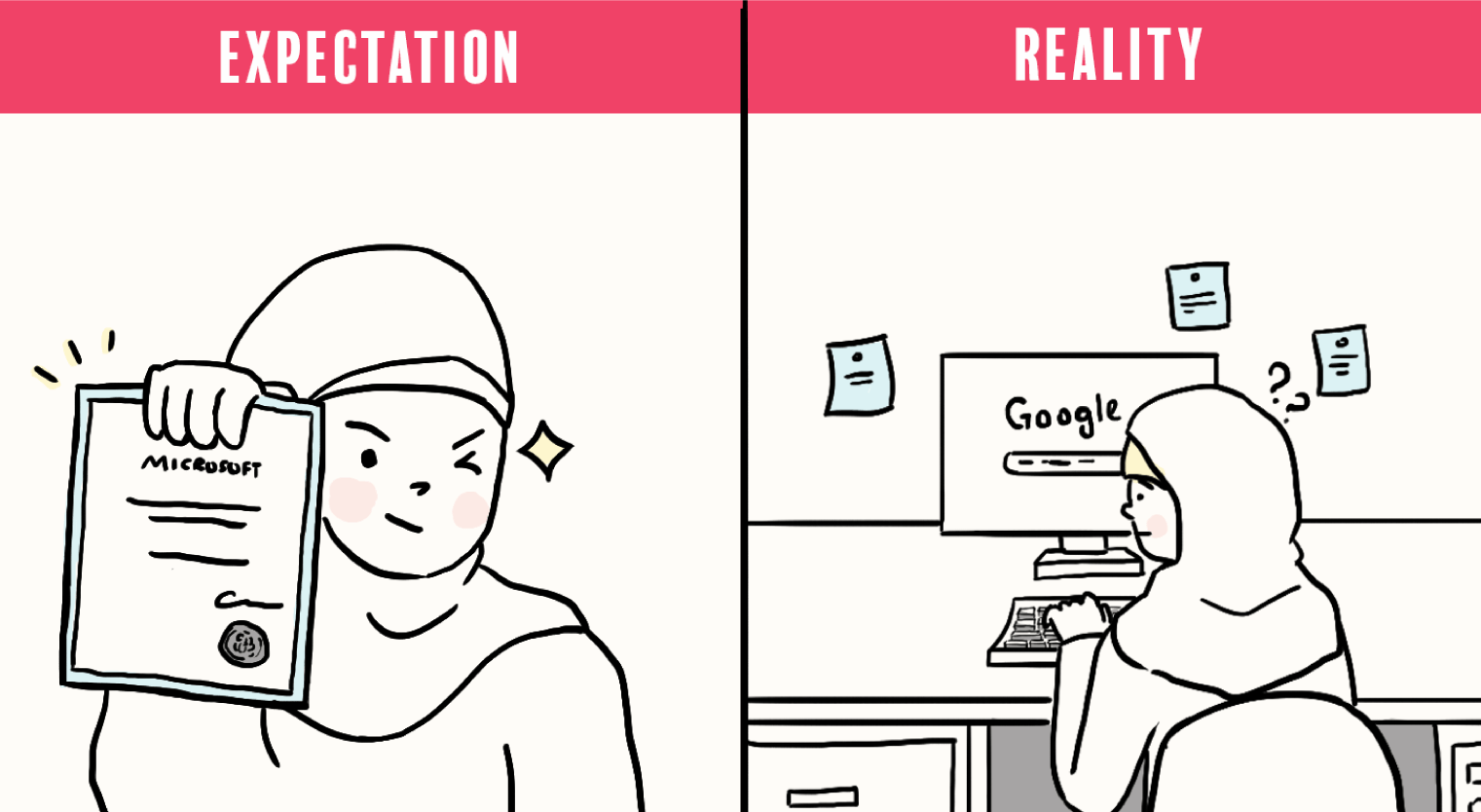
Expectation: I have a certificate in Microsoft Excel. I’m going to be a pro at my job.
Reality: Google “how to use pivot sheet and vlookup in Excel”
Practising what you learn takes some time. Even if you’ve spent years preparing for your dream career, you will likely have to relearn a lot of things to do well at work. This is especially true if your college only ever emphasised the theoretical aspects.
Be prepared for the fact that you won’t know everything on your first day of work — and that’s okay. You might forget some of the things you’ve learned or the workplace may have a different way of doing things. Take advantage of the orientation period and don’t be shy to refer to senior colleagues. What’s important is that you’re willing to learn and that you show initiative.
Have your expectations been challenged? The workplace is new territory so you never really know what you will get until you become a part of it. As long as you know how to conduct yourself in the appropriate manner, then you’re good to go.



